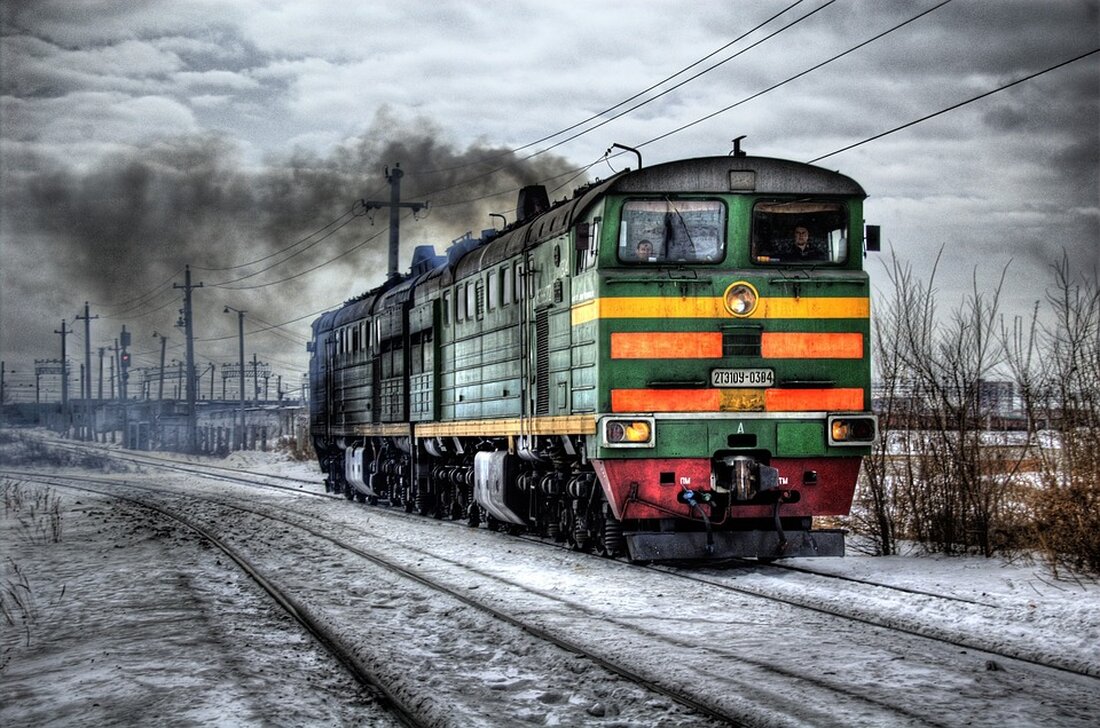Turning away from Russia: German federal government is looking for new economic partners in Central Asia, Africa and Latin America
The federal government under Chancellor Scholz is striving to deepen existing partnerships with less economically strong countries in Africa, Latin America and Asia and to find new partners. This is a response to the Russian attack on Ukraine, which has meant that Germany is no longer dependent on Russia as its main energy supplier. In addition, Germany would like to reduce its economic dependence on China due to its bad experiences with Russia. In this context, the raw material deposits in the Central Asian states are particularly interesting for Germany. Kazakhstan, as the region's strongest economy, already supplies the refinery in Schwedt with oil and offsets the cut in...

Turning away from Russia: German federal government is looking for new economic partners in Central Asia, Africa and Latin America
The federal government under Chancellor Scholz is striving to deepen existing partnerships with less economically strong countries in Africa, Latin America and Asia and to find new partners. This is a response to the Russian attack on Ukraine, which has meant that Germany is no longer dependent on Russia as its main energy supplier. In addition, Germany would like to reduce its economic dependence on China due to its bad experiences with Russia. In this context, the raw material deposits in the Central Asian states are particularly interesting for Germany. Kazakhstan, as the region's strongest economy, is already supplying the refinery in Schwedt with oil and is compensating for the cut in Russian deliveries. In addition, Kazakhstan also has uranium, iron ore, zinc, copper and gold, making it a potential partner for the production of hydrogen from renewable energy sources.
The partnership with the Central Asian states, as at the recent Central Asia summit in Berlin, was previously a novelty for an EU member state. However, the presidents of the affected states are in a difficult position because, on the one hand, they have close economic ties to Russia, but on the other hand, they also emphasize that they support the sanctions regime of the Western states against Russia. Exports from the Central Asian states to Russia have increased significantly since the beginning of the Russian war of aggression against Ukraine, which fuels the suspicion that Western companies are trying to circumvent the economic sanctions against Russia through these countries.
The Central Asia Summit joint statement does not mention Russia, but it emphasizes principles of the United Nations Charter, such as the sovereignty and territorial integrity of all states and the prohibition of the threat or use of force. This can be understood as an allusion to the Russian war of aggression in Ukraine.
Moscow reacted negatively to the Chancellor's Central Asia offensive. The Russian Foreign Ministry criticized the fact that the West's sanctions against Russia were brought up in the conversation between Scholz and the Kazakh president. Russia attaches great importance to full economic cooperation and good neighborly relations with Kazakhstan and expects no external actors to interfere in this cooperative relationship.
Intensifying the partnership with the Central Asian states and reducing dependence on Russia and China could have an impact on the German market and the financial sector. New collaborations and trade relationships could have a positive impact on the German economy by facilitating access to raw materials and sales markets. At the same time, however, there is a risk that Western sanctions against Russia will be circumvented and companies from other countries will increasingly conduct business with Russia via Central Asian states.
Source: According to a report by www.bietigheimerzeitung.de
Read the source article at www.bietigheimerzeitung.de

 Suche
Suche
 Mein Konto
Mein Konto
